Can You Wear A Bike Helmet Skiing?
Those people who are fortunate enough to live in close proximity to snowfields will more than likely have their own ski helmet, just like the average urban cyclist will have their own cycling helmet.
But, if you’re a once or twice a year skier, you probably don’t want to spend a lot of money on a ski helmet that’s going to spend most of its life in a box in your closet. But, you already have a bicycle helmet, so, can you wear a bike helmet skiing?
Bicycle helmets are not recommended for skiing as they are not designed nor certified for skiing or snowboarding. However, there are dual certified helmets available with both ski and bicycle helmet certification. And, the good news is that they can be had for very reasonable prices.
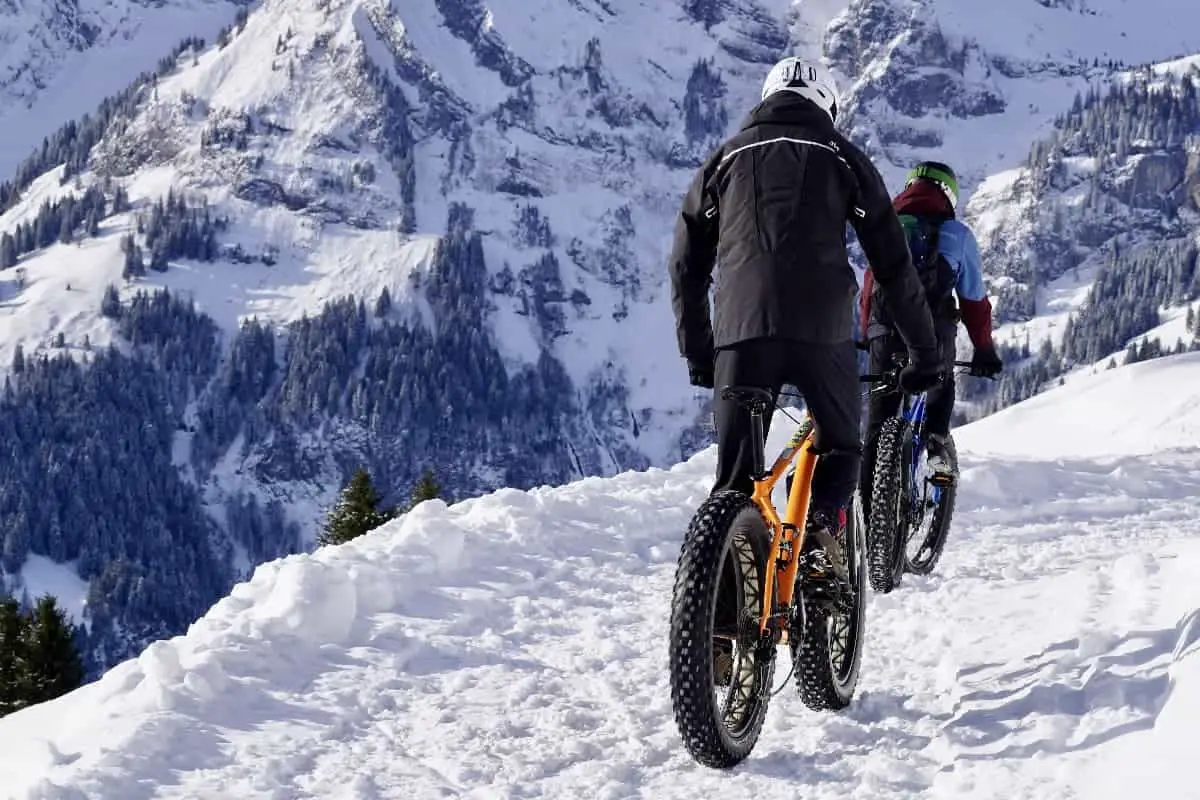
Disclosure: As an Avantlink and Amazon Associate, we earn from qualifying purchases. Disclosure Statement.
Page Content
Can You Wear A Bike Helmet Skiing?
There are no federal statutes making the wearing of ski helmets mandatory, so you have no legal obligation to wear a ‘ski’ helmet, right?
Think again.
The laws governing the wearing of helmets are state laws and can vary from one state to the next. Some states have already implemented their own statutes regarding the wearing of ski helmets, just as some states have bicycle helmet laws, and some don’t.
Take New Jersey for example:
“A person under 18 years of age engaged in the activity of downhill skiing or operation of snowboards, including the use of ski tows, lifts and tramways, shall wear a securely fitted protective helmet. As used in this act, “helmet” means a type of molded headgear equipped with a neck or chin strap specifically designed by the manufacturer to be used while engaged in the activity of recreational downhill skiing.”
N.J. Stat. § 5:13-12
Therefore, in New Jersey, if you are under 18 years of age, you must wear a helmet, and that helmet must be a ski helmet. In New Jersey, if you are under 18 years of age, it is illegal to wear a bicycle helmet when skiing!
RECOMMENDED: Ski & Snowboard Helmets With Visors
On the other hand, if you are 18 years of age or older, you can wear a bike helmet, or even no helmet at all while skiing in New Jersey. Right?
Maybe.
Some ski resorts have their own rules regarding helmets. Before heading off on your skiing vacation, you would be best advised to check with the resort about the state laws as well as their own rules regarding the wearing of helmets.
In some resorts, these rules relate only to minors, and some resorts have helmet rules that apply to resort employees as well.
So now you might be thinking that if there is no state law to force you to wear a ski helmet then how can they stop you from skiing with a bike helmet.
How can their resort rules stop you from skiing? It’s not like they’re going to call the police on you or anything is it?

Probably not, however, they can ban you from using their ski lift and other facilities. That said, I doubt that a ski resort’s local rules will ban you for using a bike helmet instead of a helmet designed for the ‘activity of recreational downhill skiing’.
They’d more likely ban you only if you outright refused to wear any helmet at all.
SUGGESTED: Ski & Snowboard Helmets With Bluetooth
And then there’s the ‘what about beginner skiers’ argument. Surely beginners don’t need to be kitted out with ski helmets?
With the number of skiers wearing helmets rising year on year, it’s highly recommended that novice skiers wear a properly certified ski helmet from day one.
Good Reasons Why Not To Wear A Bike Helmet Skiing
Different helmets are designed and constructed for different purposes, which is why there are different safety standards for the different types of helmets.
You wouldn’t wear a hockey goalie’s helmet for cycling, nor would you wear a bicycle helmet when playing football, in fact, they wouldn’t even let you on the field.
Different helmets provide varying levels of protection to different parts of the head depending on the activity.
What this means is that just because there may be no law stating that a ‘ski’ helmet must be worn, or there may be no resort enforced rules, doesn’t mean that wearing a ‘bike’ helmet is a reasonable alternative to a ski helmet.
Ski helmets have more protective coverage at the back and sides of the helmet covering the ears and providing extra warmth to the skier’s head in general.
Bike helmets usually have lots of vents to keep the cyclists head cool. Ski helmets, on the other hand, have fewer vents which can often be open and closed as needed due to changing weather conditions.
SUGGESTED: Ski & Snowboard Helmets for Big Heads
Keep in mind that while it’s great skiing under a clear blue sky, if a blizzard drifts in during the day your bike helmet isn’t going to provide you much protection at all.
In fact you’ll probably be more concerned about getting frostbitten ears than hitting your head on a rock or tree.
VIDEO: How To Measure For A Ski Helmet
A Dual Certified Helmet
If you’re really determined to get by with just one helmet, then you should buy a helmet that is specifically tailored to your needs.
What you need is a dual certified helmet that is certified as both a bicycle helmet as well as a certified ski helmet rolled into one.
And, in case you’re wondering, yes they really do exist. And, the best news is that it can fit into the under $50 budget!
Not only that, but dual certified ski helmets actually look pretty good too, a bit like a skate helmet. And, as mentioned above, they can be had for less than $50 if you’re on a tight budget.
The added bonus is that you get to use it all year round, even if you only ski once a year.
How Much Does A Ski Helmet Cost?
If I were to tell you that a ski helmet can cost up to $700 – $800, you’d be like “Woahhh, get outta here! Where’s my bike helmet?”
But it’s true. Anyway, the key word there is ‘can’, ‘can cost up to $800’. But, that’s not what you’re looking for if you’re just a casual weekend skier.
There are lots of leading brands in the $100 to $200 range, but believe it or not, you can buy a good brand, certified helmet for $50 or less.
At that price you could quite easily use it once or twice a year then put it away until next year without breaking the bank.
Take this one for example. A very popular helmet from Outdoor Master, fully certified, at an affordable price. Affordable meaning less than 50 USD, which is very reasonable for a fully certified helmet.
At those prices, it is definitely worth considering when comparing to the price of a rental which has been on a lot of different people’s heads with no guarantee of its condition either.
Can You Rent Ski Helmets?
Of course, there is always the option of renting a ski helmet. Every city and town in close proximity to any snowfields has Snow Equipment Rental shops.
The cost of rental can be quite reasonable, however, the closer you get to your destination the more expensive rents can become, though renting at your proposed resort can be more convenient because you don’t need to transport ski equipment on or in your vehicle.
RECOMMENDED: Ski & Snowboard Helmets with MIPS
Ski helmet rental charges can vary from place to place. For example, some rental places will charge $10 for one day, or $10 for one weekend, or even $10 for one week.
Other places will provide helmets free of charge when renting a complete package of skis, poles, and boots. Then there are some that will charge a small fee for a one-day rental, a larger fee for two days, and more again for three days, etc.
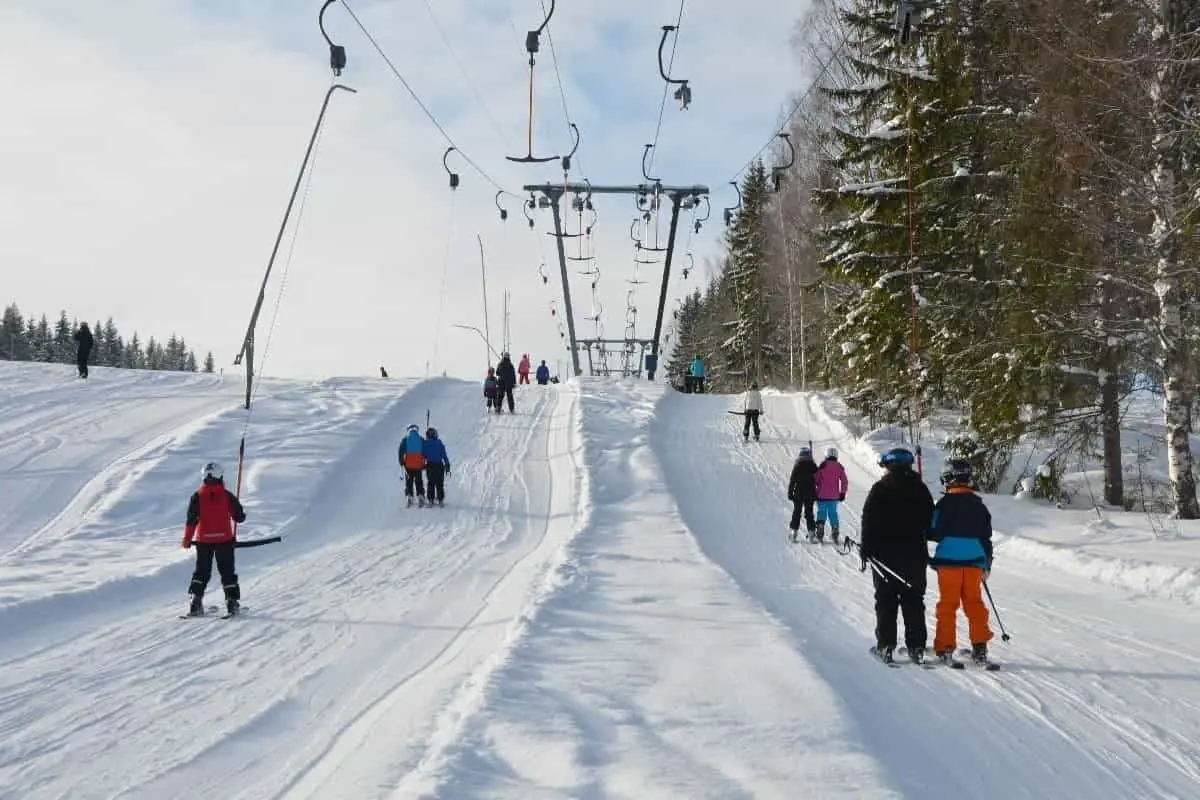
If you are going to be staying at a nice resort for the week or weekend, they will often have good value packages which can include accommodation, some meals, as well as equipment rental.
It’s definitely worth your time to check their website for special deals before making a booking.
Summing Up
Wearing a bicycle helmet for skiing is not recommended, because bicycle helmets are not designed for the snow and are tested to different safety standards to snow helmets.
The best option really would be to buy a budget ski helmet or a dual certified helmet, depending on your own requirements.
Your choice. What would be most suitable for your current lifestyle?
Alternatively, no helmet is required for building a snowman or two.
Frequently Asked Questions:
Q. What is the difference between a bike helmet and a ski helmet?
A. A bike helmet and a ski helmet are designed for totally different usage. Bike helmets will often have a lot of air vents to keep the rider’s head cool, while a snow helmet will have very few vents which can be closed when the weather turns. Also, bike helmets provide protection at the top, sides, and back of the head. A snow helmet provides better coverage around the ears and back down to the nape of the neck as many skiers/snowboarders tend to hit their heads by falling backward. Snow helmets have more internal fabric lining to keep the skier’s head warm as well.

Q. Do you need a helmet to go skiing?
A. That depends where you are and where you plan to go skiing. Helmet laws can change from country to country, state to state, and even from one ski resort to the next. Your best bet would be to contact the ski resort that you plan to visit and ask them about the laws or rules in their area.
Q. What is a MIPS snow helmet?
A. A MIPS snow helmet is a ski/snowboard helmet that has MIPS technology built into the helmet. MIPS (Multi-directional Impact Protection System) provides an additional layer of protection by helping to reduce rotational forces on the brain during some kinds of impacts or falls. Read more about Ski Helmets with MIPS.
I hope we have covered the question of ‘can you wear a bike helmet skiing’ to your satisfaction. If you enjoyed this article, take a look at the related reads below for some more interesting reads!
If you liked this post, why not share it with your friends.Related Reads:
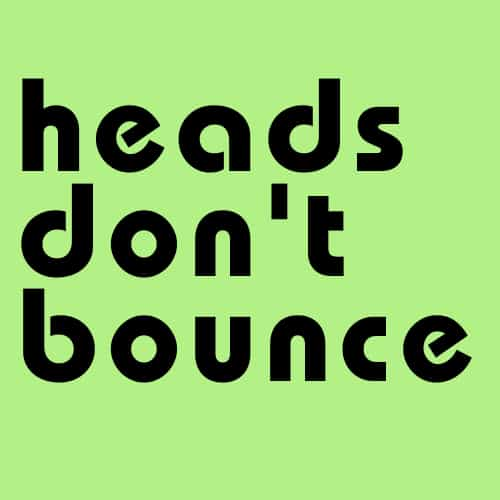
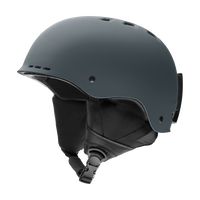
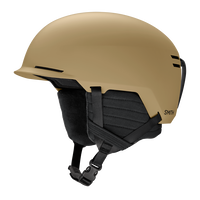
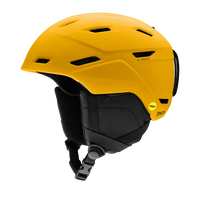




I would like to see more info about safety difference between bike and ski helmets. Warmth is not realy an issue of safety that should be regulated. Also you can easily wear a thin merino hat or a buff under the bike helmet to keep warm. To me it seems that if a bike helmet is designed to protect you from falling from a bike at 30-50kmh on asphalt, it should do a fairly good job at protecting you from falling at similar speeds on snow.
The difference might be between climbing helmets, where you expect small stones hitting you from above, that is where the vents become a safety issue, but that is a different topic.
You’re right Petar. Any helmet would be better than no helmet.
As for safety difference between the two types of helmets, that is definitely worth looking into. I’ll see if we can get something posted in the next few weeks.
Watch this space!
Here you go Petar, “Ski Helmets Vs Bike Helmets”
https://www.headsdontbounce.com/ski-snowboard-helmets/ski-helmets-vs-bike-helmets/
Ski Helmets Vs Bike Helmets
I hope it helps to clarify what you were looking for.